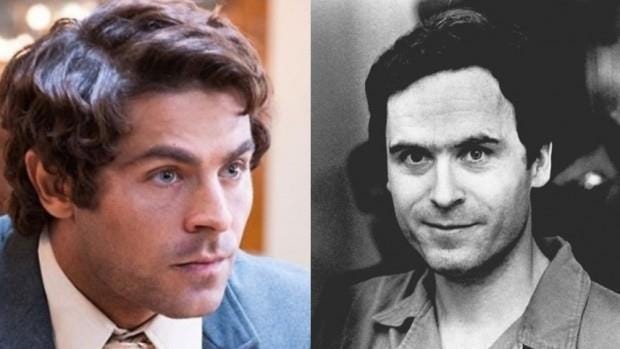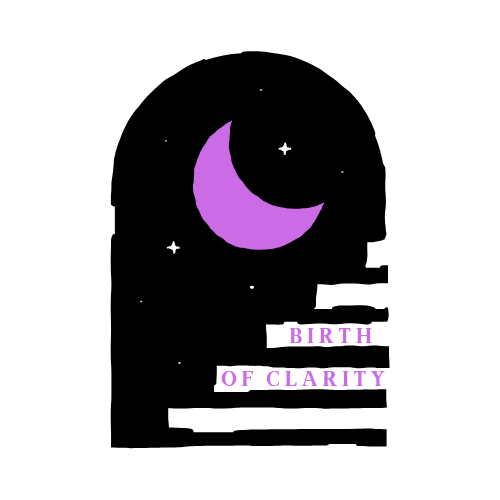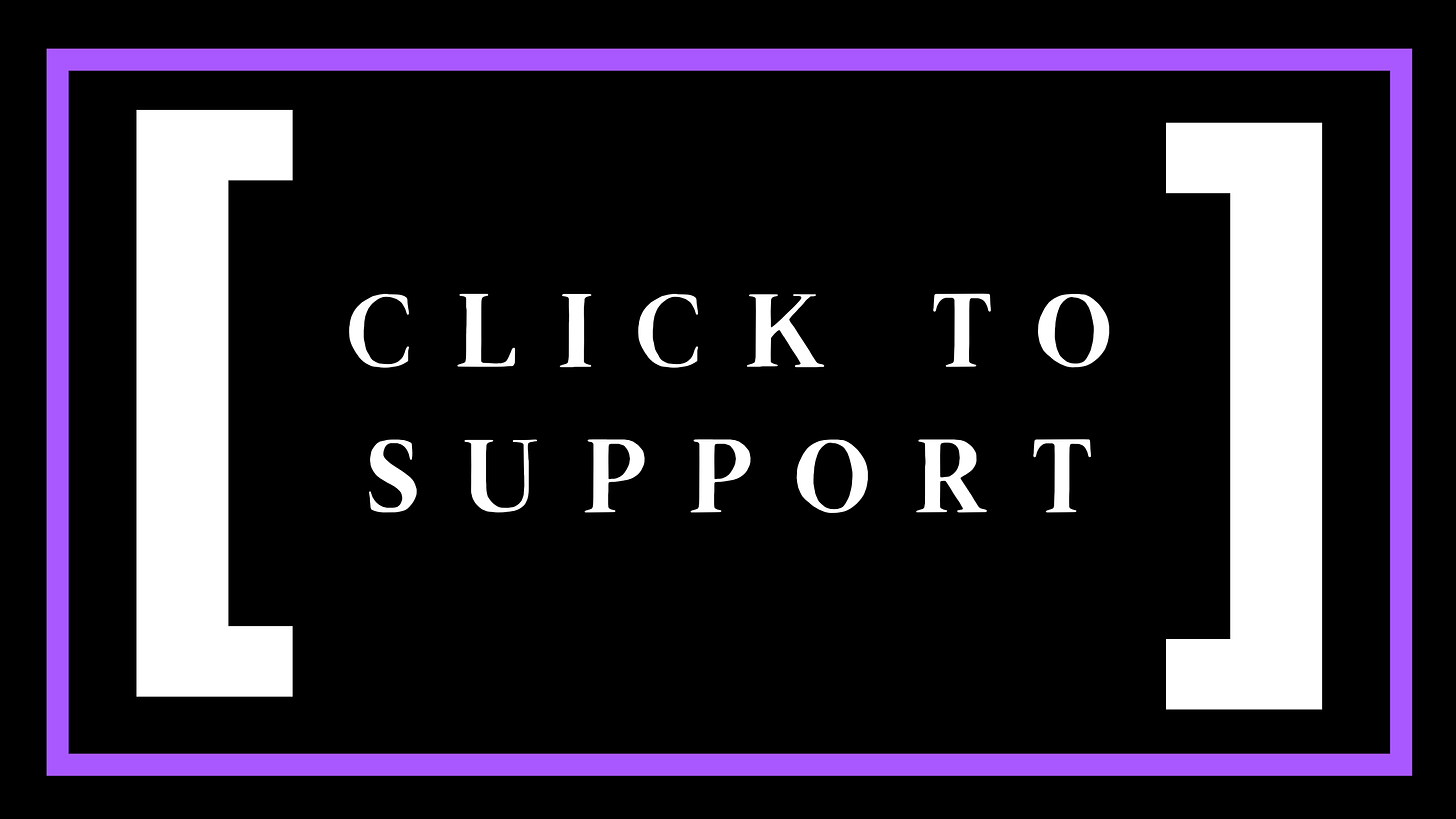Welcome to the Birth of Clarity newsletter on Substack.
Did you know that watching porn can make you go blind?
Studies show that people exposed to excessive amounts of pornography are more likely to lose their sight…
Are you able to read this?
I’m kidding, of course—but, for a moment, I bet you were a little concerned.
Maybe the hours you’ve spent watching porn or sexually explicit content made you wonder: “Has it really had that kind of effect on me?”
Well, while porn won’t send you to the optician, it will have an effect on you. A significant one.
Porn rewires your brain
Regular exposure to pornography affects the brain. It spikes dopamine—the feel-good chemical—and over time, your brain starts to crave those easy hits of pleasure. But there's a price. Research shows that excessive porn use can lead to real changes in brain structure and function.
A study by Kühn & Gallinat (2014) found that men who watched more pornography had less grey matter in the brain’s reward centre—the striatum—indicating a reduction in natural pleasure response. This means less sensitivity to pleasure and more difficulty finding satisfaction in everyday life and relationships.
Porn-induced dopamine surges can desensitise the brain, much like a drug addiction. This leads to the need for more extreme content to get the same high. It’s not uncommon for someone to start with relatively tame material and, over time, find themselves seeking out more graphic, sometimes even disturbing content just to feel the same level of arousal.
Real-life intimacy begins to feel dull, emotionally flat, or even stressful. Many users report erectile dysfunction, loss of interest in partners, or a growing emotional disconnect. The term “porn-induced erectile dysfunction” (PIED) is now recognised in addiction recovery circles and increasingly studied by health professionals.
How it affects real-world behaviour
Porn doesn’t just change the way you think about sex—it can shape how you see the world, other people, and yourself. It subtly shifts your perception of what’s normal, desirable, and real.
For starters, excessive porn use often leads to isolation. Time spent consuming porn is time spent away from people. Social invitations get declined. Moments with partners, friends, and even children are traded for time in front of a screen. This digital retreat fosters loneliness, which ironically fuels the very habit causing it.
Then there’s the impact on your view of others. Studies from the Journal of Sex Research have found that frequent porn users are more likely to objectify people, particularly women. When porn becomes a primary sexual outlet, it teaches the brain to associate arousal not with intimacy or emotional connection—but with domination, performance, and fantasy. Over time, this can make it harder to relate to real people in a healthy, respectful way.
You may find yourself lusting after pixels instead of appreciating the real people in your life. It’s not just what you want—it’s how you want. Unrealistic expectations creep in. Partners become comparisons, not companions. And that leads to disappointment, disconnection, and dissatisfaction.
Sleep suffers too. Night-time viewing disrupts rest, reducing REM sleep—the kind your brain needs to recover emotionally and cognitively. This compounds mental fog, irritability, and decision fatigue.
There’s also the way porn changes how we interact with all media. Content that used to stimulate or entertain—films, books, conversations—can feel bland. Your brain has been conditioned for instant, high-intensity stimulation. Slower forms of joy and meaning struggle to compete.
And worst of all is the escalation. You start off watching something mild. Then it gets dull. Then you push boundaries. Then even that’s not enough. It’s the digital equivalent of boiling a frog—slow, subtle, deadly.
You’re not chasing pleasure. You’re running from numbness.
The Ted Bundy connection
Some years ago, I watched Extremely Wicked, Shockingly Evil and Vile and later the Ted Bundy Tapes on Netflix. What Bundy did was unspeakable. But what stuck with me wasn’t just the crimes—it was what he said about porn.
In his final interview with Dr. James Dobson, just hours before his execution, Bundy said:
“I’ve lived in prison for a long time now, and I’ve met a lot of men who were motivated to commit violence just like me... without exception, every one of them was deeply involved with pornography.”
Let’s be clear—watching porn doesn’t turn you into a serial killer. But Bundy described a progression: starting from so-called harmless material to violent extremes. And if we’re being honest, many people recognise that same slippery slope in their own usage.
As he said:
"Like an addiction, you keep craving something which is harder, something which gives you a greater sense of excitement, until you reach the point where pornography only goes so far... that jumping-off point where you begin to wonder if maybe actually doing it will give you that which is beyond just reading it or looking at it.”
It’s chilling. But it’s also revealing.
Many prisoners in the same facility reportedly echoed similar stories: exposure from a young age, escalating usage, and a growing desensitisation to violence and objectification. Again—most porn users will never act out violently. But the mental spiral? That’s real. And for many, it starts young.
Have you ever asked yourself…
Have I ever felt like porn has taken over my life?
Do I keep escalating what I watch to get the same feeling?
Have I ever tried to stop, only to find myself pulled back in?
Do I feel disconnected or unsatisfied in my real-life relationships?
Am I avoiding emotional vulnerability by numbing myself with digital pleasure?
If so, you’re not alone. And you’re not beyond hope.
What you can do
Quitting porn isn’t easy. But it is possible. And it starts by letting your brain breathe.
That means giving your mind space to recover. To reconnect with reality. To feel pleasure from real, human moments—not just pixels and dopamine hits.
It also means rewiring your habits. Replace screen time with real-life connection. Start exercising, journalling, talking to people, or pursuing hobbies that enrich you. Reconnect with your family. Show up for your children—not just physically, but emotionally. Model the kind of integrity, presence, and focus you want them to emulate.
It will feel awkward at first. Your brain will protest. You’ll crave the easy high. But with consistency, your mind will start to heal. Your emotions will return. Your ability to focus, connect, and care will come back.
There are online support communities, accountability apps, therapy, and resources that can help. But none of them will matter until you decide it’s time to take control.
Support & recovery resources:
NoFap Community –
Reboot Nation –
Fortify Program –
Final thought
Porn won’t steal your eyesight, but it will steal your insight. It clouds your judgement, dulls your senses, and reshapes how you see the world—not through your eyes, but through your cravings.
It’s not just about what you’re watching. It’s about what you’re missing.
The hours lost. The intimacy avoided. The goals abandoned. The energy drained. All sacrificed at the altar of instant gratification.
And for what? A few fleeting seconds of digital pleasure that vanish the moment the screen goes dark.
Porn promises connection but delivers loneliness. It offers relief but creates restlessness. It feels like freedom—but it’s a cage, cleverly disguised.
You won’t go blind. But you might go numb. You might lose sight of who you are. And if you're not careful, you might look up one day and not recognise the person staring back at you in the mirror.
But if you’re reading this, it means you’re not blind yet.
You see what’s happening.
And now… you can choose to do something about it.
Ready to quit?
If you’re serious about breaking free from porn and reclaiming your focus, confidence, and energy—check out Joseph’s Sexual Energy Mastery course. It’s a step-by-step programme designed to help you reset your mind, beat cravings, and build a life you’re proud of. No fluff, no shame—just tools that actually work.
Your future isn’t on a screen. It starts with you.
Click the link below to take the first step:
If anything in this article resonated with you or you have any questions, then I would LOVE to hear from you:
Thank you for reading: “Watching Porn Can Make You Go Blind!”
Before you go, here are some useful articles related to today’s post:
Please check out the last post: “Escape the Matrix: Breaking Free from a World Designed to Hold You Back.”
And 💜 and Restack this post on the Substack app.
Take care,
Roscoe | Birth of Clarity
If you can’t commit to a monthly subscription but still want to support my writing, please click the image below to make a small donation:






